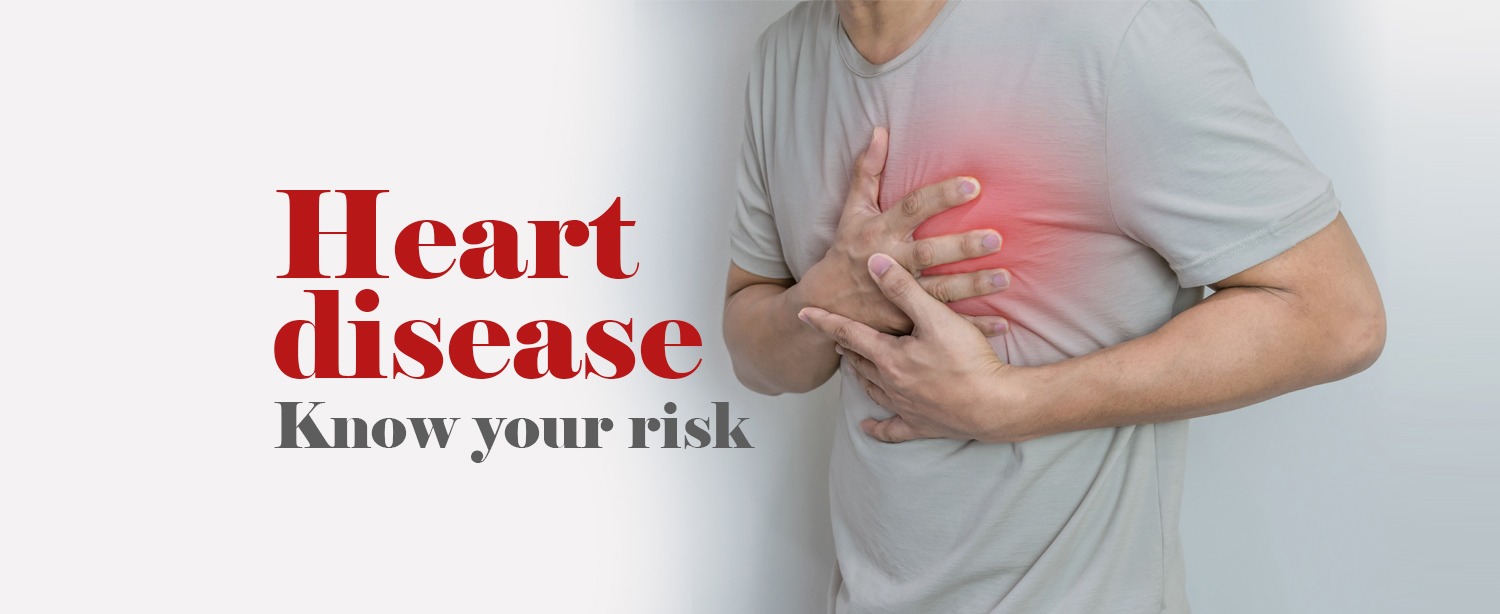
Heart disease is the biggest health threat worldwide. Every year millions of people die due to heart disease. Recently, many cases of heart attack were coming to the fore, most of which were young people. Many people were blaming Kovid-19 for this, but there may be other factors behind it. Do you know about the risk factors for heart disease? In this article, we will learn about these, so that it can help in preventing heart disease.
What are the risk factors for heart disease?
Genetics
Genetics is one of the risk factors for heart disease. If someone in your family has heart disease, your risk increases. This is because certain genes can make you more susceptible to heart disease.
Age
Age is also an important risk factor. As you get older, your risk of heart disease increases. This is because with age your arteries can harden and become more prone to plaques or blood clots, which reduces blood flow.
gender
Men are at a higher risk of heart disease, especially those over the age of 45. Women have a lower risk of heart disease than men because the hormone estrogen helps keep the heart healthy and this hormone is found in higher amounts in women until menopause. Although women can also get heart disease, this risk increases after menopause .
Smoking
Smoking is a major risk factor for heart disease. Smoking causes your arteries to harden, which reduces blood flow. It can also raise your blood pressure and cause your blood cholesterol levels to reach dangerous levels.
Unhealthy Diet
An unhealthy diet can increase your risk of heart disease. A diet high in fat, high cholesterol, and sodium can harden your arteries and also increase your blood pressure.
Slow lifestyle
Lack of physical activity also increases the risk of heart diseases. Exercising daily controls your blood pressure, keeps cholesterol levels under control and also helps in managing your weight.
obesity
Obesity can increase your risk of heart disease. Being overweight can raise your blood pressure and cholesterol levels.
Tension
Stress can increase your risk of heart disease. When you're stressed, your body produces more of a hormone called cortisol. Cortisol can raise your blood pressure and increase the level of cholesterol in your blood.
Diabetes
Diabetes can increase your risk of heart disease. When your blood sugar levels are high, it can harden your arteries and raise your blood pressure.
High blood pressure
High blood pressure can increase your risk of heart disease. High blood pressure puts pressure on your arteries, which can cause them to harden and accumulate plaque.
High Cholesterol
High cholesterol can increase your risk of heart disease. High cholesterol can cause plaque to accumulate in your arteries, reducing blood flow.
What to do to reduce the risk of heart disease?
- Eat healthy food.
- Exercise daily.
- Do not smoke.
- Learn stress management techniques.
- Get your blood pressure and cholesterol levels checked regularly.
- If anyone in the family has heart disease, talk to your doctor about it.
--Advertisement--

 Priya
Priya Share
Share



